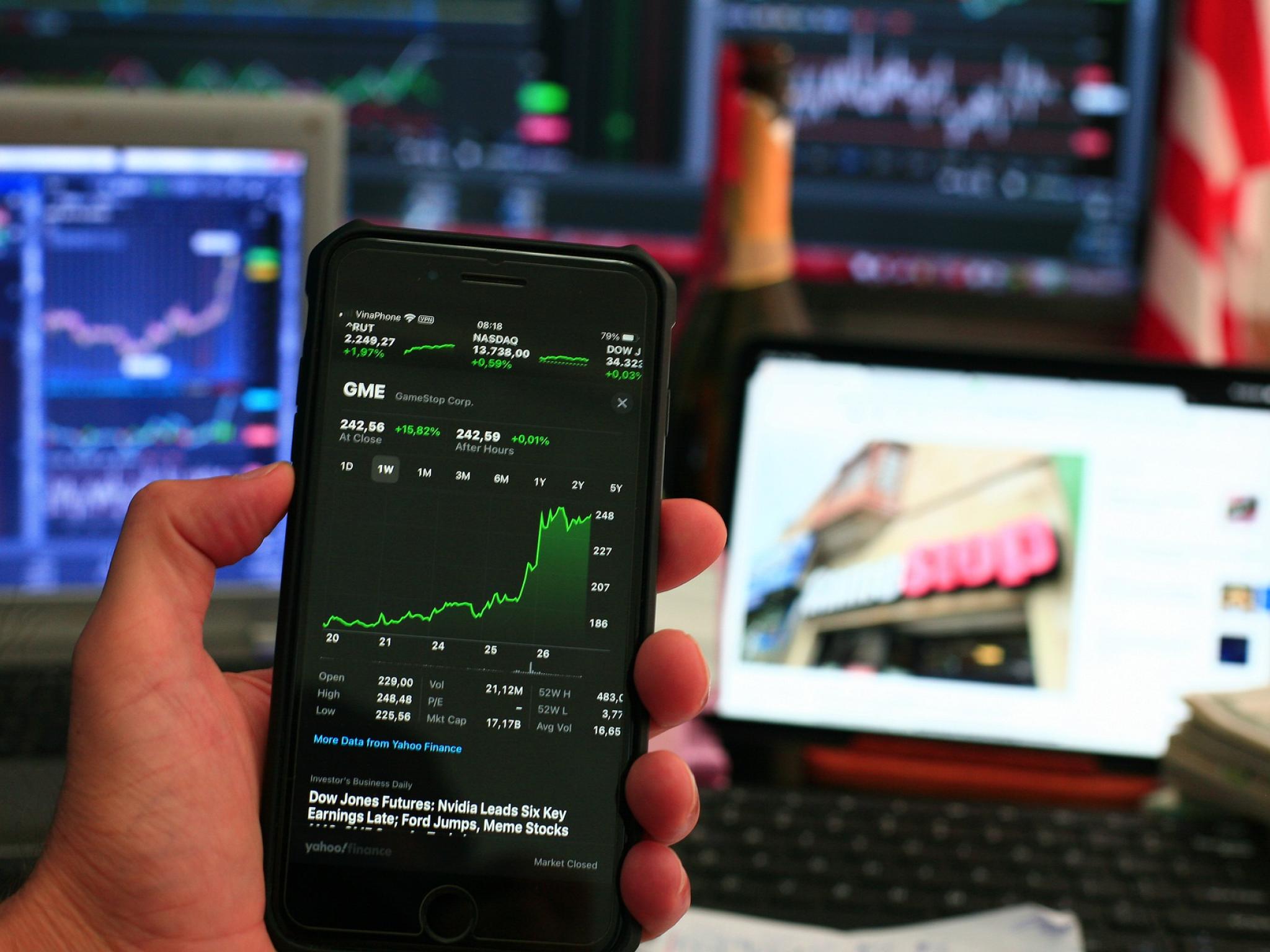
GameStop Corp. (NYSE:GME) and AMC Entertainment Holdings Inc (NYSE:AMC) traders at the epicenter of the meme stock trading frenzy in 2021 could get a big update this week on the way brokers like Robinhood Markets Inc (NASDAQ:HOOD) are allowed to run their businesses.
On Wednesday, U.S. Securities and Exchange Commission Chair Gary Gensler is speaking at the Piper Sandler Global Exchange and Fintech Conference at 12 p.m. ET. Gensler is expected to detail plans to overhaul the way retail investors' orders are routed, according to the Wall Street Journal.
Related Link: After Huge Sell-Offs, Have Robinhood And Peloton Become Buyout Targets?
What Is Payment For Order Flow? Under the current market rules, brokers like Robinhood and Charles Schwab Corporation (NYSE:SCHW) are required to perform "reasonable diligence" to determine the best way to route a so-called market order in which the retail trader does not specify a minimum or maximum price for the trade.
Through a process called payment for order flow, or PFOF, Robinhood and other brokers receive compensation for routing their orders to specific wholesalers. These wholesalers include Citadel Securities and Virtu Financial Inc (NASDAQ:VIRT).
“Off-exchange market makers make payments to retail brokers for the privilege of having their customer's orders routed to them first. The market maker will execute directly against the retail order [if they think they can make money from it]. They are basically paying for the privilege of having ‘first dibs’ to trade against the ‘dumb money,'” Benzinga's Premarket Prep co-host Dennis Dick recently said.
The End Of PFOF? More than 70% of Robinhood's total revenue in the first quarter of 2022 came from PFOF, which some investors, and even Gensler himself, see as a conflict of interest.
GameStop and AMC traders accused Citadel Securities of pressuring Robinhood to place trading halts and restrictions on meme stocks in early 2021, although both parties involved deny any such communication took place.
On Wednesday, Gensler is expected to detail a new auction process through which firms would bid against each other to win retail traders' order flows.
If that change is enacted, it could mean retail investors will be getting better prices on their trades in the near future. It could also mean brokerages like Robinhood will be forced to go back to charging trading commissions if they lose their primary source of revenue.
Benzinga's Take: PFOF is akin to a hidden trading fee. Rather than the old model of charging traders a flat, upfront fee for each trade, online brokers are now simply selling their order flow to market makers, potentially resulting in lower selling prices and higher purchase prices for their users.







